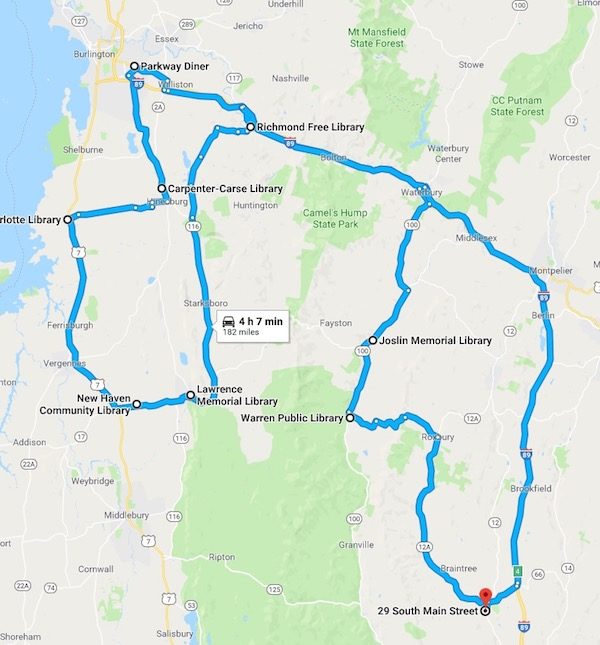
A funny thing happened on the way to this blog post.
From a local librarian:I get to take over the duties of someone very beloved by patrons who recently left us and this includes computer help. I’m trying to create a repository of ‘self-help’ documents both for staff who often need it and for patrons to take home with them when we do something like set up an email address and they need the steps repeated. I’d rather not reinvent the wheel… it occurred to me that maybe you already have some that you can share? If not, can you provide me some pointers on what to include?
I’m also charged with cleaning up the staff file system on our server and coming up with good practices for file naming, document organization, and teaching our staff how to do it…. I’m hoping you know of some examples of local libraries with excellent file management in place or a set of best practices somewhere so I can give more models of what I’m trying to fix. Where might I find something like this?
Those sound like challenging tasks. I am happy to help as I can. Some of it is really going to be moving people to a “digital readiness” place where they feel deputized to do some of this themselves and that is challenging and needs to be as much an emotional task as a physical one. Lots of positive “you can do it” feedback and lots of “ok let’s try this again….” sorts of stuff, patience, etc. Trying to view improvement as improvement, even if it’s ever-so-slight as opposed to “Man, this is just a MESS.” I know I’m not telling you things you don’t know, but I have found that if I reframe some of the “work” as just being supportive and patient, I can feel better about what I do manage to get done.
I’m not sure I have those documents in print, though I have a few that are a little outdated. I often dig around in the NYPL Tech Connect site to look for handouts.
https://sites.google.com/a/nypl.org/techconnect/home
Usually the biggest thing is making sure they know
- How to go to a URL, any URL
- WHAT THEIR LOGIN AND PASSWORD IS (sorry to shout but my gosh this one is harder than it should be – I send them home with it written down, privacy be damned)
- How to troubleshoot if the two things above don’t work
I don’t know a lot about how libraries manage their files but as someone who is basically organized, I usually tell people a few things
- Make sure whatever system is in place, it works from all computers basically the same (i.e. make sure there’s a shortcut on the desktop or something from every staff computer)
- Make sure people either can search for stuff (the Google way) or can understand the file/folder system (the librarian way) pretty effectively
- I’m a big folder fan, putting things either in thematic folders (summer reading, trustee minutes, etc) and then inside those by date, or doing something like file types (images, PDFs, word documents) and going from that. Depends on what people are expecting and how much work they are willing to do on this.
- Think about whether an offboard solution like Dropbox would be simpler. Doesn’t work for everyone but they have some “version
control” types of things that can be helpful sometimes
This would be a great question for the VTLIBRARIES list. Happy to be a continuing help with this, I know it’s a process and not a one and done deal.





